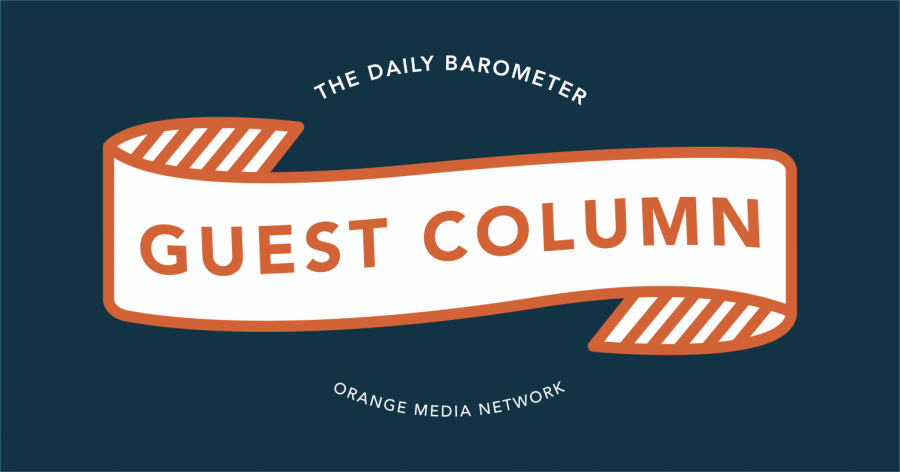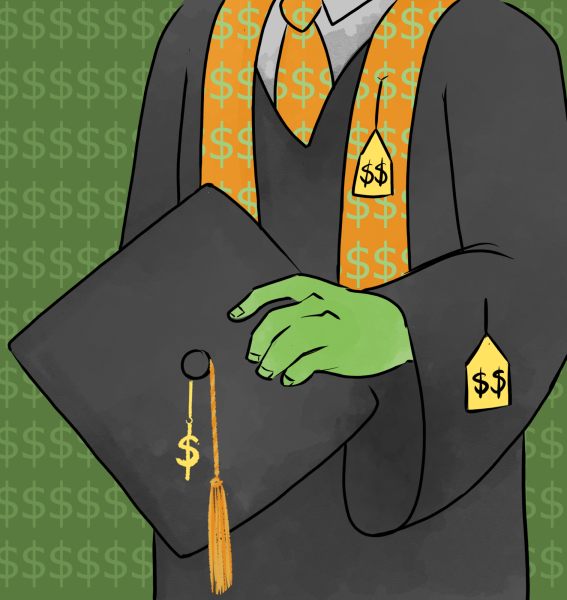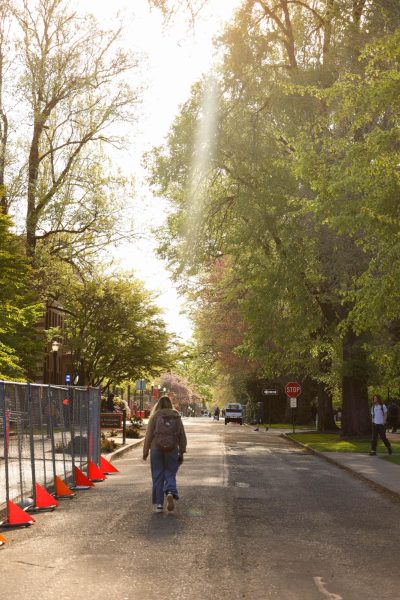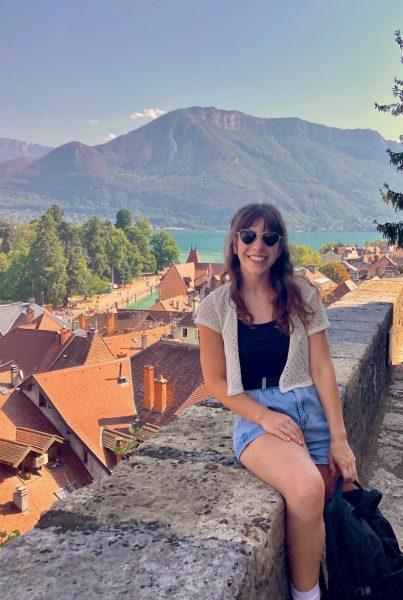Solberg: Kavanaugh confirmation process missed opportunities, had no heroes
October 10, 2018
The Barometer asked me for a short “take” on the Kavanaugh hearings because I am an expert in judicial politics and part of my research focuses on judicial nominations. My take, however, will not address the issues related to gender, the impact on the midterm elections or Kavanaugh’s fitness for the bench as those are covered profusely elsewhere. I imagine the aftermath of the Kavanaugh confirmation hearings will be debated and researched for quite some time. There will be questions about whether this is another tipping point, like the hearings for Abe Fortas in 1968 or Robert Bork in 1987, moving the confirmation process further down the road to dysfunction. This question can only be answered with hindsight. There will be also great deal of scholarly focus on implications for the Supreme Court. Will the Court drop further in public trust and lose legitimacy? And what are the consequences if such declines occur? Again, it is too soon to answer these questions with any type of academic rigor— anything else is merely punditry and conjecture. I will make two other points that have been less prominent in the news cycle.
First, there are no heroes in this story. Both Democrats and Republicans have been playing politics with judicial nominations for decades. The tactics have varied but essentially since Clinton was president there has been unprecedented delay and obstruction of nominees for the lower federal courts to the detriment of the judicial branch. Judgeships have been left open for years while the parties maneuver, stall, or simply block appointments. The courts have been hobbled and it is only now that this game has shifted to the Supreme Court that people are noticing. Each side can look to history and claim the other side “started it” like small children shifting blame before an irate parent. In the end, neither the Republicans or Democrats can win this game. The courts and the republic certainly lose.
Second, the reality is that Kavanaugh was not a strategic choice. By nominating Kavanaugh, President Trump threw a grenade into an already highly combustible situation. Political science shows that there are two factors that make a Supreme Court nomination highly contentious: if the vacancy is for the Chief Justice or the swing seat (the middle justice in terms of ideology) and if the nominee is ideologically extreme. Both of these facts were present before President Trump nominated Justice Kavanaugh. Justice Kennedy, the retiring justice, was the swing vote on the Court and Trump had pledged to nominate highly conservative men and women to the judiciary. The stage was set for contention and controversy. Given the rancor that still flows through the Capitol from the treatment of Judge Garland at the end of the Obama administration, that this vacancy was the swing seat, and the certainty that Trump would pick an extremely conservative nominee for that seat, choosing someone with that baggage was sure to create a firestorm. And Brett Kavanaugh had baggage.
Justice Kavanaugh is highly credentialed. However, President Trump had a long list of highly credentialed, highly qualified and extremely conservative jurists—any one of who would supply the four conservatives already on the Court with a likely consistent fifth vote and solid majority without the paper trail that dodged Kavanaugh’s heels. Kavanaugh worked on one of the most partisan and contentious political investigations of recent history—the investigation into President Clinton that lead directly to Clinton’s impeachment. This history, combined with the political context of this nomination, again assured greater resistance on the part of Democrats.
And, quite frankly, it was a missed opportunity for the White House and the GOP to court either woman (by nominating Coney Barrett or Larsen) or Asian Americans (by nominating Thapar) prior to the contentious midterm elections.
Rorie L. Solberg, Ph.D.
Associate Professor of Political Science School of Public Policy






















































































































